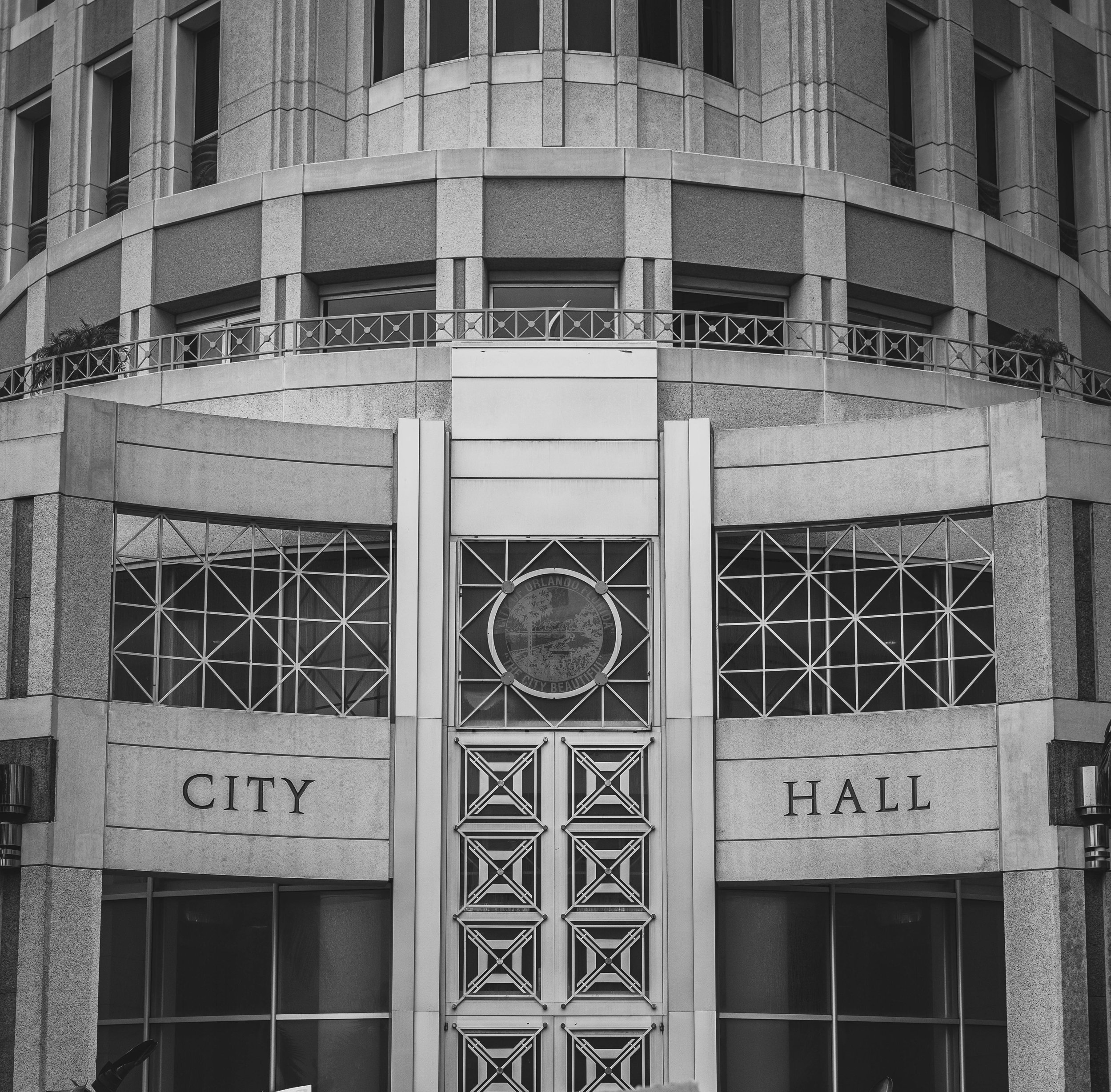
Legislative Toolkit
Messaging Tips
Items only move forward when legislators champion them. Legislators become champions for causes when they understand the personal stories behind them and are shown a strong connection to communities in their district and state.
The good news? No one knows your story or community like you! But sharing your story can be hard, and it's important to make sure you're taking care of yourself. Read about advocates' experiences with sharing their stories and setting boundaries below:
Should I share my non-monogamous background and identity as part of my advocacy work?
What’s it really like to come out? LGBTQ+ people share their coming out stories
Once you’ve made a decision about how open you plan to be about your non-monogamous identity or family structure, here are some general tips for effectively sharing your story:
Educate. Many people may lack a basic understanding of the diversity in relationship and family structures, including the appropriate terminology, particularly when it comes to understanding family and relationship structures outside of the monogamous nuclear family norm. This unfamiliarity can lead to anxiety about making mistakes, causing them to disengage. To keep your audience engaged, consider the terms you use and take the time to explain any that might be unfamiliar. For example, you can refer to and share this fact sheet on consensual non-monogamy or this fact sheet on relationship and family structure diversity to provide clear and accurate information.
Use first-person language. First-person language is a powerful tool that empowers advocates to take ownership of their narratives, helps establish trust and credibility with audiences, and can move others to action. For example, say things like “as someone who,” “as a family who,” or “as a health care provider who” where appropriate. This can help the audience to see the human impact behind your advocacy and to understand that emotional and practical realities of family and relationship structure diversity issues. Using first-person language can also be used to highlight specific experiences and details in the context of a broader issue and may even encourage others to share their own stories, creating a sense of solidarity and community.
Begin with Shared Values. Start by emphasizing universal values such as protecting health, respecting autonomy, and equitable opportunities for all families. These values resonate widely and lay a strong foundation for your message. Once these values are established, illustrate how the proposed legislation upholds and promotes them. This approach not only builds rapport but also frames your advocacy in a way that is universally relatable and compelling.
Localize Your Impact. Highlight the specific impact on your local community or state by presenting relevant data and examples. Identify and collaborate with community leaders and organizations within your city or state who support your cause. Emphasize to elected officials that supporting this initiative is a leadership opportunity for them and assure them that they will have local backing and won’t be alone in this effort.
Amplify with External Voices. Your personal story is crucial, but it's equally important to show broad support for your position. Highlight endorsements from respected organizations and key validators relevant to relationship and family structure diversity. Including authoritative voices lends credibility to your advocacy and demonstrates that your stance is part of a larger, well-supported movement.
Highlight Diverse Perspectives and Numbers. Showcasing a variety of experiences—including those of individuals in non-nuclear family structures, both those who have faced discrimination and those who haven't, as well as supportive community experts (e.g., healthcare providers, lawyers, social workers)—strengthens your case. It's essential to demonstrate broad support and highlight the quantifiable impact of the legislation.
Ready to start a campaign in your city?
We can help! Use the form on this page to connect, or write to us at info@open-love.org.
This toolkit was developed collaboratively by the following organizations. Click to learn more about each group!





